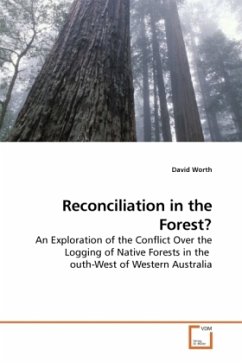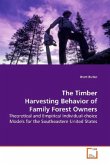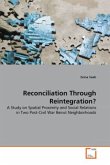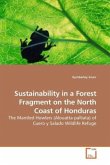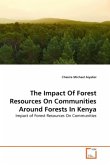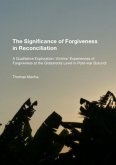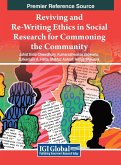This book looks at why two Western Australian social movement organisations on opposite sides of the logging debate continued to contest WA's forest policy for so long. Other major Australian environmental conflicts were concluded more quickly. I analysed data for the period 1971-2001 as it coincided with an intensification of the debate over the appropriateness of WA s forest policy following the formation in 1969 of the Campaign to Save Native Forests. I use the findings from my interviews and subsequent exploration of other data sets to investigate social and economic factors about the communities in the south-west of Western Australia, where most of the remaining old-growth nativeforests are located. I utilise the New Social Movement theoretical approach and propose that certain demographic and economic factors provide an explanation for the dramatic change in public attitude toward the logging of the remaining native forests in WA. Of particular interest was the unexpected finding that policy changes may be linked to spirituality, with this area having the highest reported levels of no religious affiliation in Australia.
Bitte wählen Sie Ihr Anliegen aus.
Rechnungen
Retourenschein anfordern
Bestellstatus
Storno

